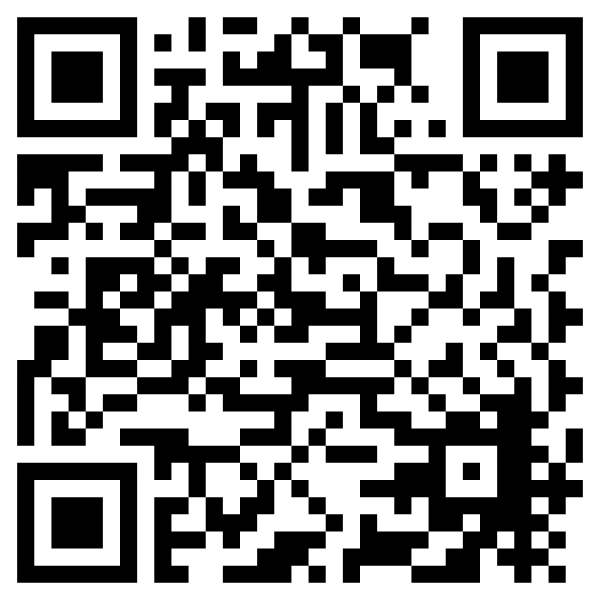About the Subject
With the global surge in the media industry over the last two decades, there has been a distinct need for an academic programme at the undergraduate level that would meet promising career opportunities in the now booming information and communication business. The Bachelor of Art’s in Strategic Communications and Journalism (formerly BMM) programme has been designed with this very agenda – to produce professionals armed with specialised skills in either Advertising, Digital Marketing or Journalism.
About the Department
The Department was set up in 2003, becoming the newest affiliated addition to the Arts programme of the institution. The Department of Mass Media (BMM) was renamed the Department of Strategic Communication and Journalism (BASCJ) in the year 2020. With a class strength of over 60 students in each of the three years, the BASCJ programme offered by the College follows a rigorous semester system introducing the students to a variety of new disciplines that effectively combine theory and practical application, allowing them to approach the media from diverse perspectives. Since 2022, the programme is now becoming NEP compliant. We have revised our syllabi to reflect the dynamic nature of the media industry within the NEP structure.
Our focus is on consistency and excellence, and we strive to give our students a professional orientation through interactive and dynamic teaching methods besides encouraging them to gain on-the-job experience through summer internships. The programme is further rooted in a system of continual assessment and project work in each semester. Our core philosophy is to create an environment that nurtures a spirit of critical inquiry and analysis, where young minds are able to understand the workings of the media even as they learn to use it as a tool with integrity and intelligence.
CO-CURRICULAR ACTIVITIES IN THE DEPARTMENT
In addition to the course requirements, we ensure that the students have a variety of co-curricular activities to engage with. These include:
The Film Society:
The BASCJ Film Society (FilmSoc) is a thriving enterprise, managed and run largely by students, encouraging independent thinking and execution. It screens films that are open to the entire college every week, and attempts to introduce its members to a diverse cinematic mix, from independent foreign films to mainstream Indian and foreign films. The screenings are typically followed by an interactive discussion on the creative and technical aspects of filmmaking to deepen their understanding of the craft.
Link to the FilmSoc Instagram Page: https://www.instagram.com/filmsoc_/profilecard/?igsh=M3FtdzJkbWNhNmM=
Link to the FilmSoc Blog: https://medium.com/@filmsoc.sophia?fbclid=PAZXh0bgNhZW0CMTEAAaaEi7omdX4xcjTWv5yfOK5xrNEyyT0qrqewEq5YXtO-Wbs5p24TQQhndNE_aem_lEPzBJV-nCbVaxHLZJXoVw
The Photography Society:
Conceived and run entirely by the BASCJ students, under the guidance of department faculty, this society extends its participation to students from the entire college. It organises workshops conducted by professionals on various aspects – both technical and aesthetic – of photography. The society holds weekly competitions on various themes and publishes the results on their Instagram page. The society holds its popular, annual photo exhibition: Wabi Sabi, to encourage its members to explore their photography skills.
Link to the PhotoSoc Instagram Page: https://www.instagram.com/photosoc/profilecard/?igsh=MWdncm9uejQxdHhvag==
The Enrichment Programme and Specialized Workshops:
The department organises sessions of Enrichment Programme, a vital link between professionals from different media disciplines (artists, award-winning filmmakers, seasoned journalists and editors, marketing heads, copywriters, PR professionals and entrepreneurs, acclaimed authors and poets, theatre personalities, brand management experts etc.) and our students. We also organize special hands-on workshops over a course of lectures with industry experts and professionals who excel in their fields for the students.
The experts deliver lectures on pre-selected key topics, followed by an interactive Q&A session with students from all three years of the programme. The aim behind this activity is to keep the students abreast with the current happenings in the media world and open their eyes to the myriad possibilities that the professional world has to offer, and its attendant demands on those seeking to pursue serious careers in the media. Over the last decade, we have had a host of enrichment speakers including ad filmmakers Ram Madhwani, Adi Pocha and Subir Chatterjee, journalists Smruti Koppikar, Naresh Fernandes and Annie Zaidi, novelists Jerry Pinto and Kiran Nagarkar, theatre actor Danish Hussain, author and film critic Meenakshi Shedde, public relations experts Roger Pereira and Meeta Bajaj, renowned environmental activist and writer Bittoo Sehgal, advertising guru Gangadharan Menon, and digital media entrepreneur Sandeep Maiti. Our more recent speakers include film director, producer and screenwriter Mahesh Bhatt and brand strategist/coach and author, Ambi Parameswaran.
Field Visits:
In addition to classroom learning, the department organizes special field visits to give students practical exposure to the media industry. These include trips to newsrooms, film production studios, advertising agencies, and publishing houses, where students interact with professionals and observe workflows firsthand. Visits to cultural institutions, media exhibitions, and documentary film festivals further enrich their understanding of media’s role in society. Such experiences bridge the gap between theoretical learning and professional application, preparing students for diverse media careers. These field visits are complemented by hands-on workshops and enrichment programs with industry experts.
Documentary Film Festival:
Organised by the Film Society, this annual film festival gives our students the opportunity to engage with filmmakers, curators, critics and scholars to understand the language of documentary cinema. The festival typically involves screening of documentary films from different countries exploring a range of issues and sensibilities, followed by interactive conversations with filmmakers.
QR CODE
